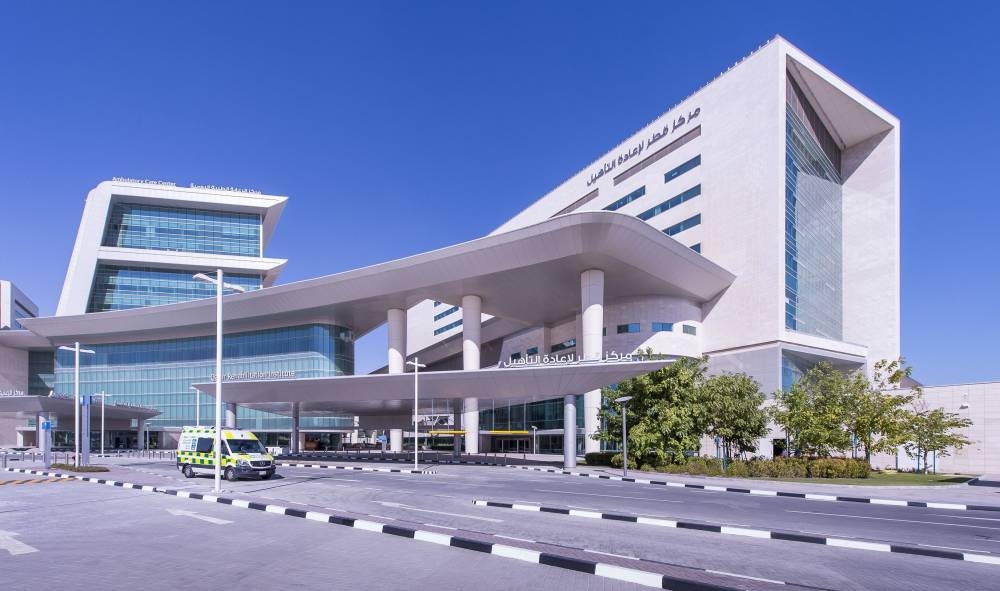
A specialized medical team from Hamad Medical Corp. (HMC) has performed the first stem cell transplants in Qatar on two patients who had an aggressive form of blood cancer.
The new procedure was described by a senior HMC official as a “tremendous” advancement for cancer treatment available in Qatar.
The two non-Qatari patients had myeloma, a cancer that affects the plasma or white blood cells made in bone marrow, HMC said in a statement. Those cells are a key part of the body’s immune system.
It is not clear when the patients had the procedures done.
But during separate operations, they were successfully treated by a process known as autologous transplant, in which healthy stem cells, or bone marrow, are harvested from the patient’s own body. They are collected and frozen while the patient recovers.
The patient then receives a high dose of chemotherapy to kill off the existing, diseased stem cells before their harvested, healthy cells are defrosted and transplanted back to re-establish and make new blood cells.
HMC said the transplants have so far been a success, although after the operation a patient needs several months to recuperate before their immune system has restored itself.

The procedure was undertaken by a team at HMC’s National Center for Cancer Care & Research (NCCCR) and is the culmination of around a year of development and collaboration with international specialists, HMC added.
The treatment was previously only available to Qatar residents who traveled abroad, but at a cost of up to $80,000, Gulf Times quoted NCCCR medical director Prof. Alexander Knuth as saying.
Now, the treatment is expected to become more widely available inside Qatar for people who have similar blood cancers. This will reduce the need to travel and means patients should recover more quickly, he added.
Announcing the new procedure, HMC managing director Hanan Al Kuwari said:
“Up until now, patients who would benefit from this type of advanced treatment would have to have been treated abroad. This increased their risk of infection, due to the travel involved, and meant the recovery time was longer that it would be if we were able to treat them here in Qatar.
As such, this is a tremendous step forward for Hamad as an academic healthcare provider and for our blood cancer patients who are in real need of this highly specialized treatment.”
Stem cell register
Separately, the NCCCR is reportedly working on setting up a bone marrow donor registry by next summer.
This would allow healthcare providers to offer a different type of stem cell transplant in which healthy bone marrow is harvested from others and transplanted into the affected patient.
Known as allogeneic transplant, this procedure involves healthy individuals volunteering to be on the registry to donate their own bone marrow, which is stored and then – if a match is found – can be used to treat patients.
“We have a healthy donor registry being built and anyone can donate. No risk, we produce stem cells everyday by the billions,” Gulf Times reported Prof. Kruth as saying.
The donor may be a relative or a total stranger, but good genetic matches most often come from those with a close family tie, such as an identical twin or immediate family member.

Similar registries already exist in other countries, including the UK, which set up the world’s first stem cell donor register and which still operates through the Anthony Nolan Trust.
It currently has more than 500,000 potential donors in its registry, according to its website.
Allogeneic transplant can be more efficient but is also more costly and can be more complicated than autologous procedures, Knuth said.
Complications can arise as the patient is given medication in an attempt to stop their body from attacking the donor marrow as if it was a foreign substance.
In what is described as a “high-risk procedure,” there i also the chance that the new cells can destroy the skin, liver and digestive system, according to the Leukemia & Lymphoma Society (LLS), the world’s largest voluntary blood cancer health agency.
For the past year, clinicians from NCCCR and HMC had been collaborating with specialists from international institutions that already undertake the procedures to train the Qatar team, Knuth said.
Just over two years ago, HMC, Qatar Foundation and Qatar Biomedical Research Institute announced the start of clinical trials for stem cell therapy in the country, and said at the time that within the year they hoped to start on trials involving 20-30 patients at NCCCR.
Thoughts?







